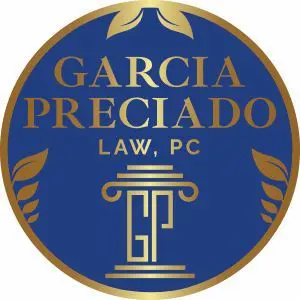Insights Into Slip and Fall Accidents in California
A "slip and fall" claim refers to a personal injury lawsuit aimed at holding property or business owners accountable for failing to maintain a safe environment for visitors. At Garcia Preciado Law, our attorneys will thoroughly investigate your case to ensure you receive full and fair compensation. Property owners have a responsibility to keep their premises safe, and when they neglect this duty, we are committed to holding them accountable.
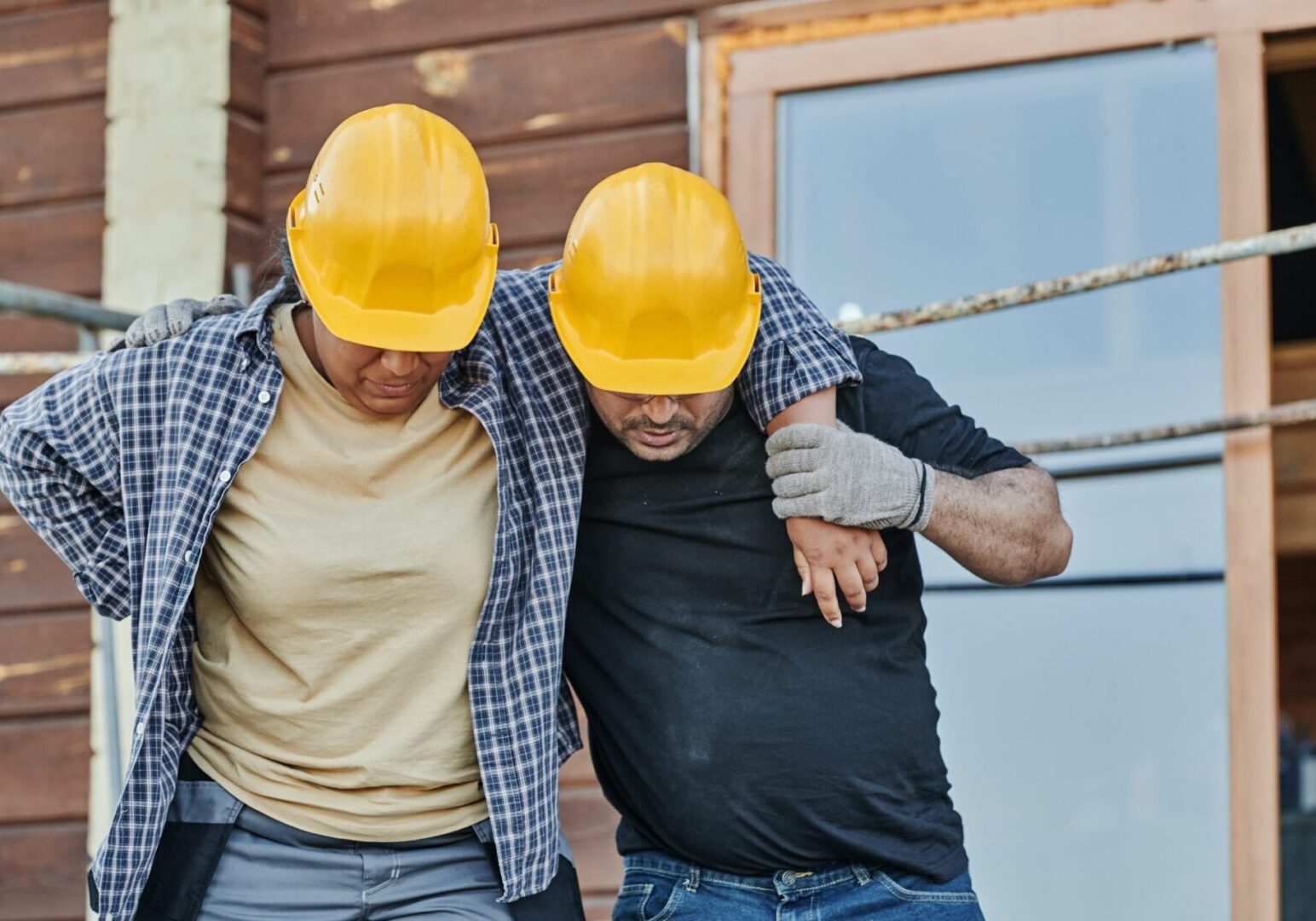
What is a "Slip-and-Fall" Case in California
A slip-and-fall case arises when a visitor is injured due to unsafe conditions on a property. While these cases commonly involve slipping and falling, they can encompass a variety of scenarios. Examples of slip and fall incidents include:
Key Elements of a Slip-and-Fall Case
To establish a slip-and-fall case,
you must demonstrate, at a minimum, the following:
1. Duty of Care
The property owner or manager is responsible for inspecting and maintaining the premises to ensure safety and addressing any hazardous or unsafe conditions.
2. Hazardous Condition
An unsafe condition or hazard existed on the property.
3. Knowledge
The property owner or manager either knew or should have known about the hazardous or unsafe condition.
4. Damages
The victim was lawfully present on the property and sustained injuries. Damages can include both economic (e.g., lost wages and medical expenses) and non-economic (e.g., pain and suffering) losses.
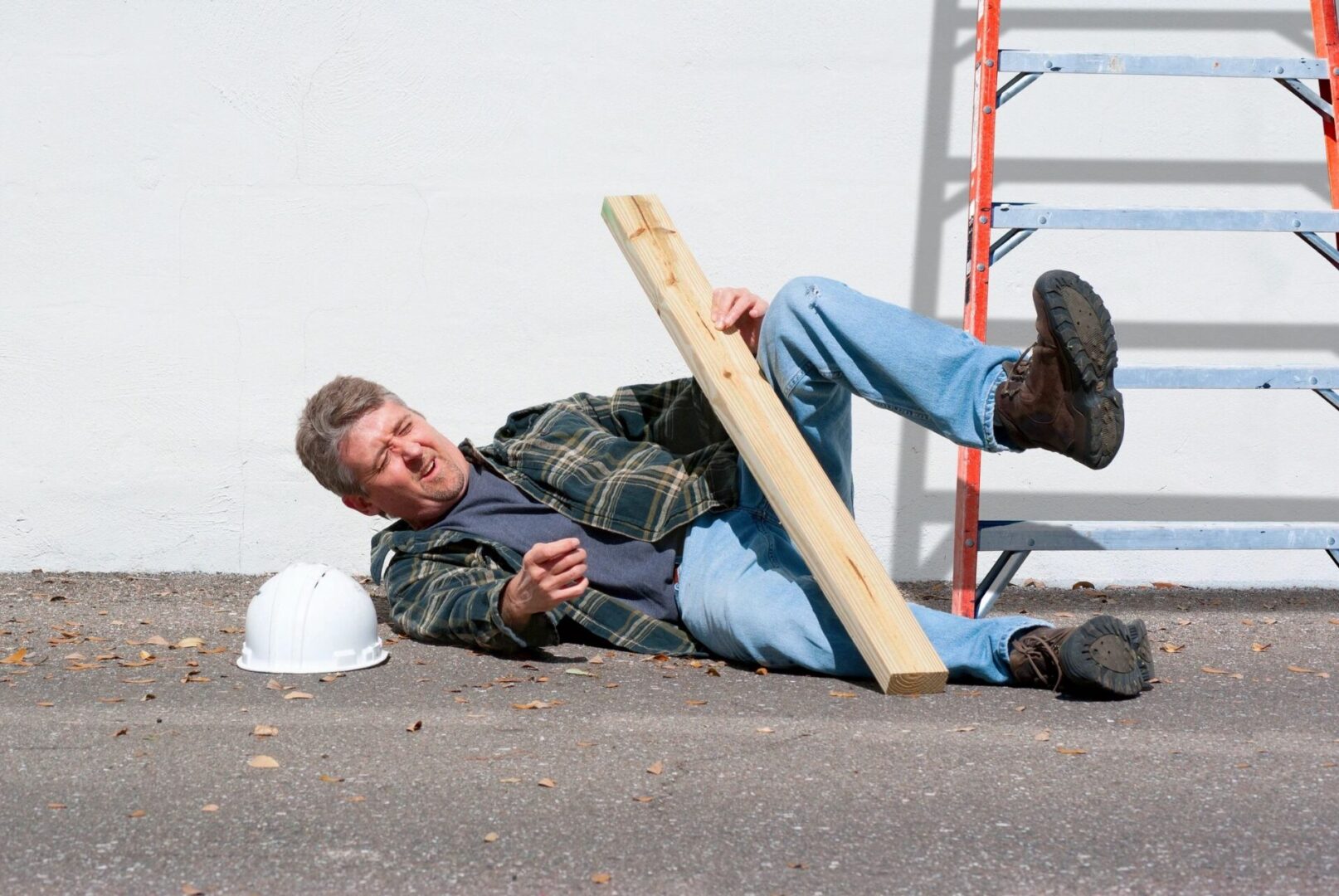
Standard of Proof
These elements of a slip and fall case may appear straightforward, but they can become quite complex. The standard of proof required is a "preponderance of the evidence," which means you must demonstrate that it is more likely than not that the property or business owner was responsible and, therefore, financially liable.
Common Causes of Slip and Fall Accidents
To pursue compensation for a slip and fall injury, an unsafe or hazardous condition must have been present. Common scenarios include, but are not limited to:

Common Slip and Fall Injuries
Injuries from slip and fall accidents can vary significantly, depending on factors like the nature of the accident, location, environment, the victim’s actions, age, overall health, and pre-existing conditions. As a result, injuries can range from minor bruises to fatal outcomes.
Common injuries from slip-and-fall accidents include:
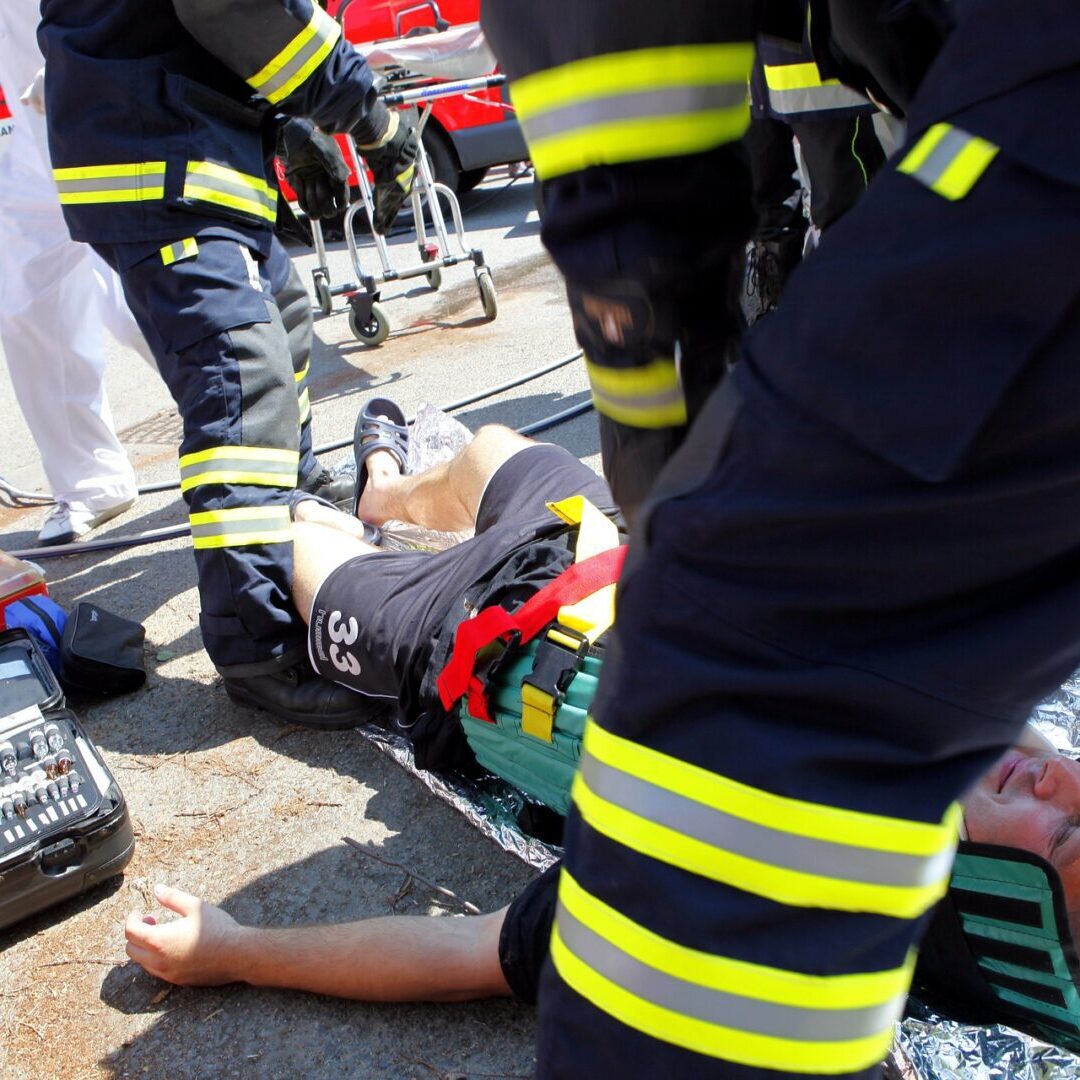
The Impact of Slip-and-Fall Accidents on Victims
An individual's pre-existing health condition can greatly impact the severity of a slip-and-fall injury. For instance, older or frail individuals may be at higher risk of severe injuries, such as hip fractures, which can lead to increased health risks and potentially shorten their lifespan. On the other hand, younger victims might face setbacks that affect their career or limit their participation in hobbies and sports. Clearly, slip-and-fall accidents can lead to significant physical, emotional, mental, social, and financial challenges for the injured party.
Determining Liability in Slip and Fall Accidents
In slip and fall incidents, those who are legally accountable for the victim's injuries must provide compensation. Liability may differ based on the situation, but typically involves:
Determining which of these parties, or additional ones, was responsible for maintaining safety on the property is a critical factor in premises liability cases.
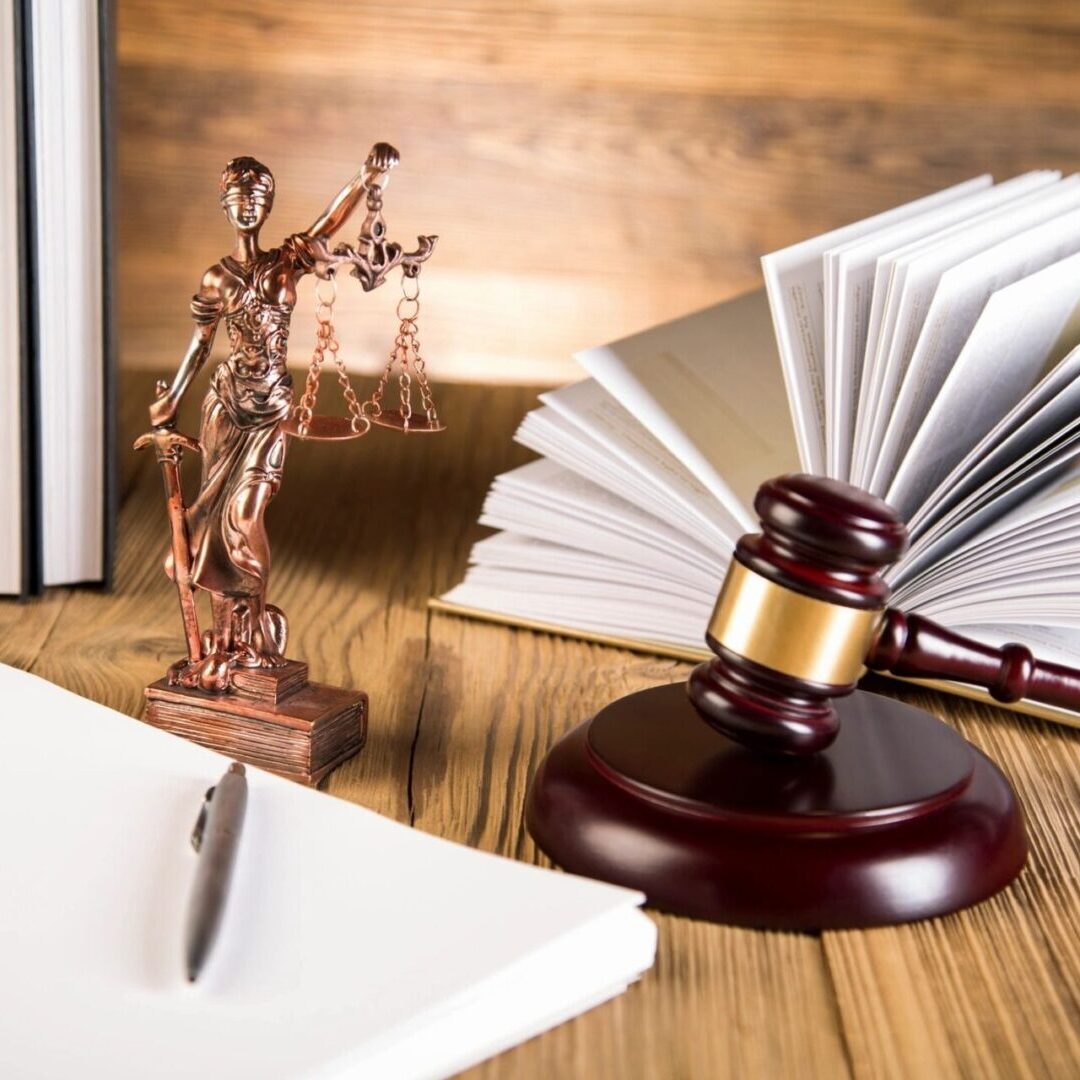
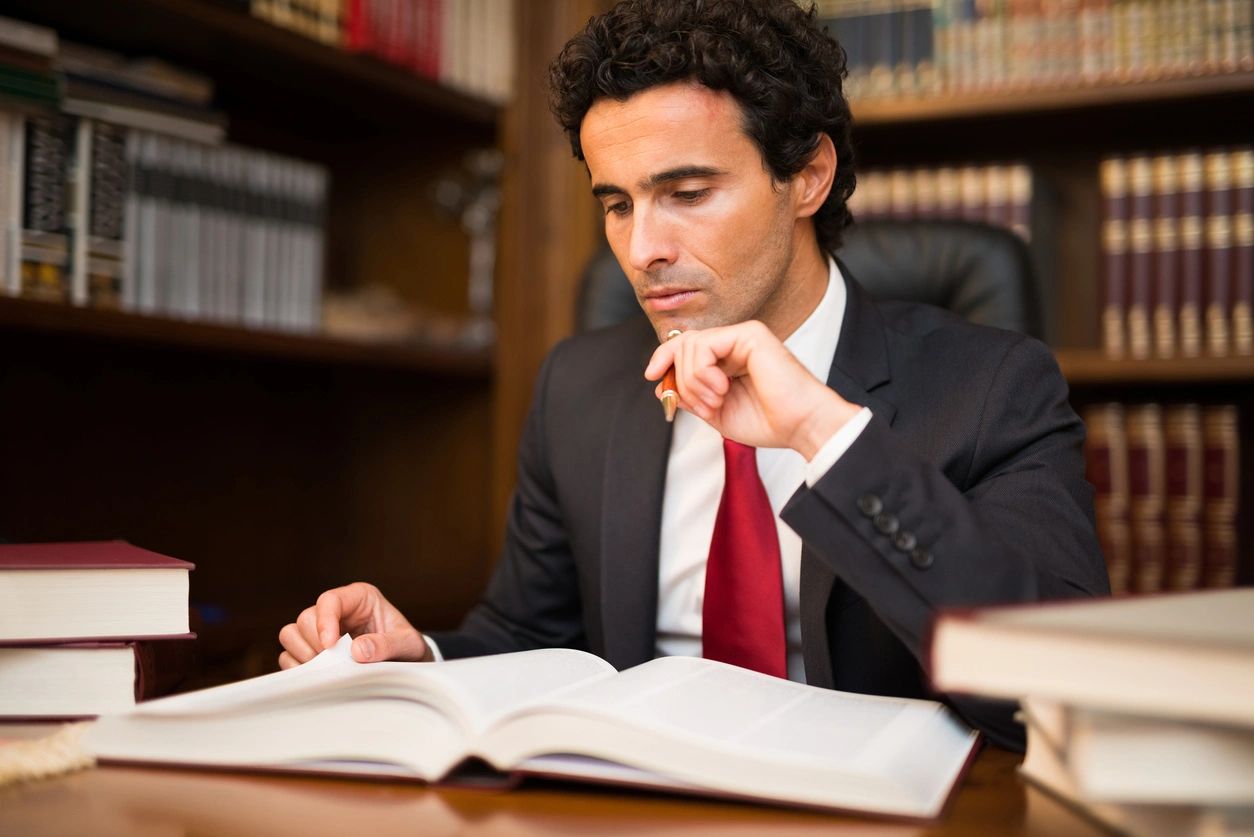
3 Reasons to Hire a Premises Liability Attorney From Us
Premises liability cases can be challenging, requiring thorough documentation and a strategic approach. When you hold a property owner, business, or homeowner accountable for unsafe conditions, they often fight back with the help of their insurance companies. You need more than just any attorney. At Garcia Preciado Law, we have the resources to build a compelling, well-documented case. Here are three reasons why hiring Garcia Preciado Law is essential in your slip and fall accident case:
1. Comprehensive Investigation and Liability Assessment
We will thoroughly investigate your slip-and-fall accident to determine fault. This includes inspecting the accident scene, reviewing footage, interviewing witnesses, obtaining testimony, and gathering depositions—all crucial elements in proving fault.
2. Accurate Calculation of Damages
We ensure that all damages related to your accident are accounted for. By linking the cause of your injuries to the accident and compiling the necessary documentation, we can substantiate the full extent of your losses, both economic and non-economic.
3. Balancing the Scales
Against Large Corporations
We handle your case from start to finish, managing interactions with insurance companies, meeting deadlines, and accurately valuing your claim. Our goal is to let you focus on your recovery while we navigate the legal complexities on your behalf.
Contact Us Today for Your Free Consultation
If you’ve sustained injuries on someone else’s property, you might have a strong premises liability claim. The skilled attorneys at Garcia Preciado Law are here to guide you through your legal options and advocate for the compensation you’re entitled to. Contact us or complete our online form to arrange your FREE consultation. Reach out today so we can start protecting your rights and developing your case promptly.
